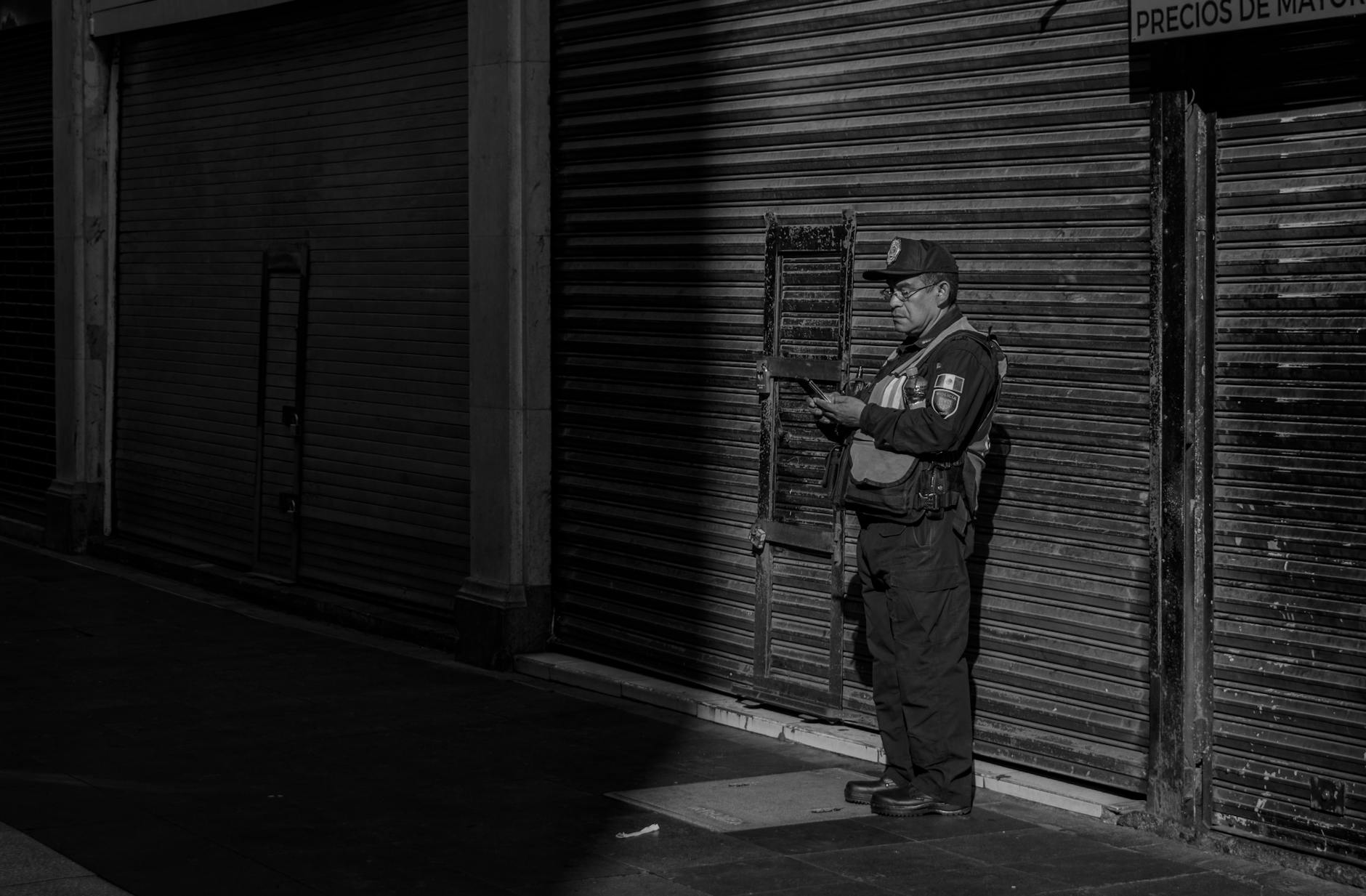UK Cop Job Vetting 101: Get the Deets!

Joining the police force in the United Kingdom is a noble ambition, but it comes with a rigorous selection process that ensures only the most suitable candidates are chosen to protect and serve the public. If you're considering a career in law enforcement, understanding the vetting process is essential. This article will provide you with key information on background checks and eligibility criteria that are part of the vetting procedures for a UK police job.
Eligibility Criteria for UK Police Recruitment
Before delving into the specifics of the vetting process, it's essential to know the basic eligibility requirements for aspiring police officers in the UK:
- Age: Most UK police forces require you to be at least 18 years old.
- Citizenship: You must be a British citizen, an EU/EEA national, or a Commonwealth citizen with indefinite leave to remain in the UK.
- Academic Qualifications: Minimum requirements vary between forces, but typically you need to have a good level of education, often exemplified by passing GCSEs.
- Health and Fitness: Candidates must pass a medical examination and a physical fitness test.
- Tattoos and Piercings: These are not automatically disqualifying but must comply with the police force's appearance standards.
The Vetting Process
The vetting process for UK police jobs is a comprehensive background check that ensures the integrity and reliability of individuals wishing to join the service. The vetting process typically includes the following steps:
1. Application Form
You'll start by filling out an application form, which includes detailed questions about your personal history, previous employment, and any criminal convictions.
2. Biographical Checks
This involves verifying your identity, nationality, age, and right to work in the UK.
3. Criminal Records Check
A thorough check of your criminal history is conducted through the Disclosure and Barring Service (DBS). Any cautions, convictions and even fixed penalties can be examined.
4. Financial Status Check
Your financial stability is reviewed to ensure you are not in a position that could make you susceptible to corruption. This includes an appraisal of your credit history, outstanding debts, and financial commitments.
5. References
Past employers and character references may be contacted to provide insight into your reliability, trustworthiness, and behavior.
6. Security Clearance
Depending on the role, you may require additional security clearance, especially if you'll be handling sensitive information.
7. Substance Misuse Testing
Applicants can be subjected to tests for illegal drug use.
Disqualifying Factors
Certain factors can disqualify you from passing the UK police vetting process. These include, but are not limited to:
- Serious criminal convictions or a large number of minor offenses
- Association with known criminals which may affect your reliability and integrity as a police officer
- Substantial debt or bankruptcy, particularly if it demonstrates a track record of financial irresponsibility
- Poor employment history, including dismissal from a previous job for misconduct or disciplinary issues
- Evidence of previous dishonesty or other integrity concerns
- Drug misuse, including the use of controlled substances
Conclusion
The vetting process for becoming a police officer in the UK is rigorous and detailed, focusing on gathering a complete picture of an applicant's history, character, and integrity. By meeting the eligibility criteria and successfully passing the various checks, eligible candidates demonstrate that they are suitable to join the police force—entrusted with maintaining law and order while upholding the highest standards of behavior.
Aspiring to serve your community as a police officer can be a highly rewarding career choice, but the first step is understanding and successfully navigating the vetting process. Stay transparent, thorough, and patient throughout this process, as it's designed to ensure the safety and security of both the police force and the public they serve.